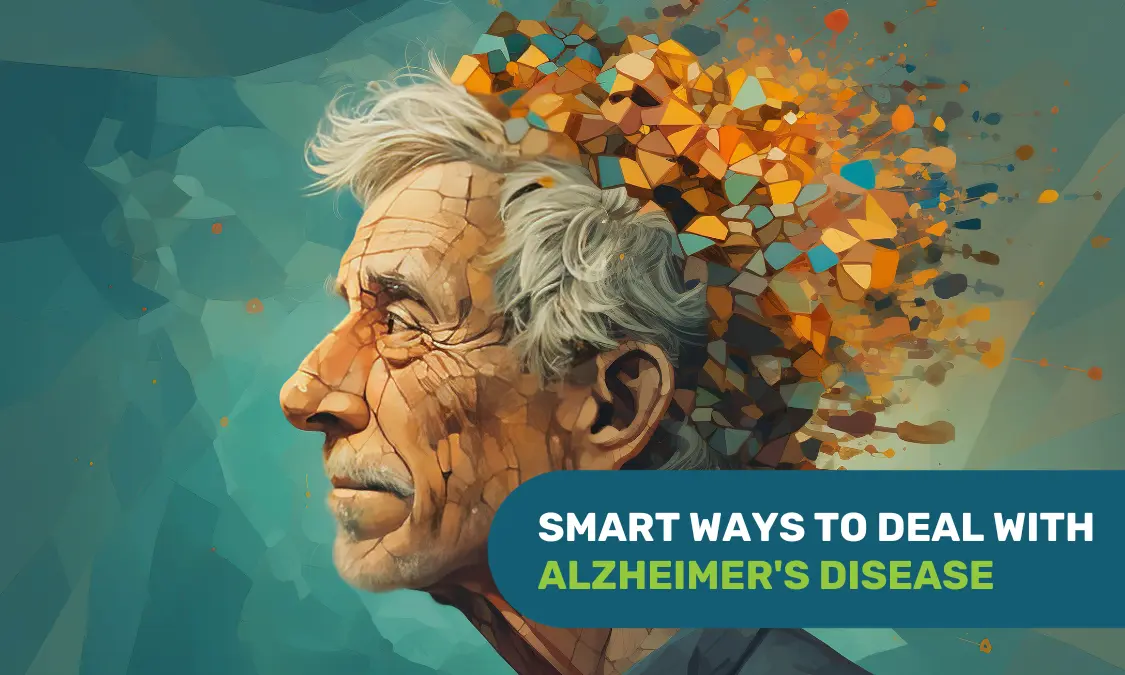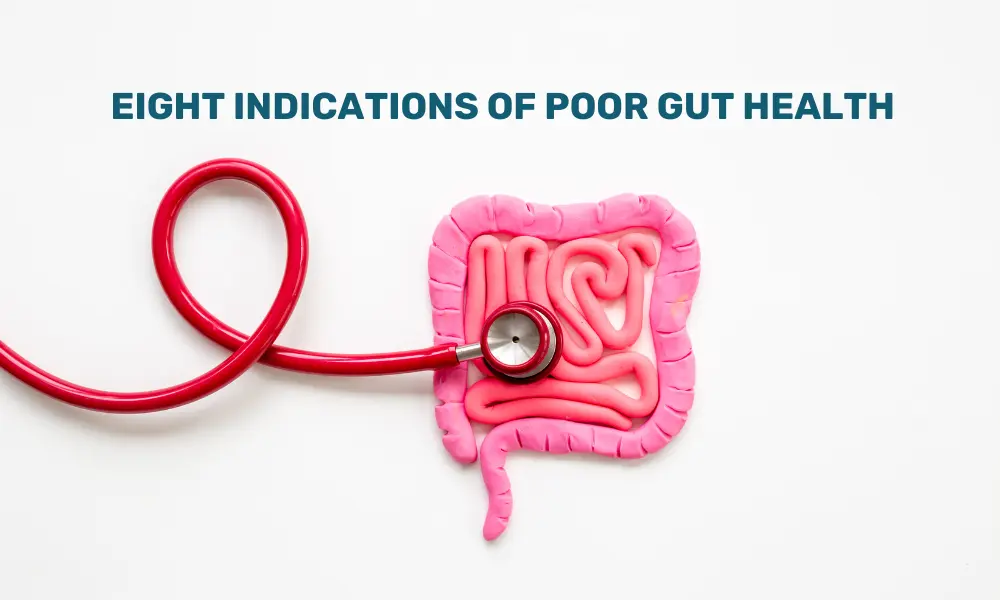Alzheimer’s causes memory loss, a decline in thinking abilities, and sometimes changes in behavior.
Our minds are like beautiful artworks in the gallery of our health. Alzheimer’s is a challenging foe that threatens the brilliance of this masterpiece. But there’s hope in our daily choices – what we eat, how we move, and the activities we engage in.
Table of Contents:
-
Alzheimer’s and its impacts
-
Lifestyle Choices and Alzheimer’s Risk
-
Challenges and Considerations
Alzheimer’s and its impact
Alzheimer’s disease is a brain-related disorder that gets worse over time. Alzheimer’s is a tough condition affecting millions globally. It causes the human brain to shrink and brain cells to eventually die, impacting an individual’s memory and thinking ability. Alzheimer’s disease is also the most common cause of dementia, also referred to as a gradual decline in thinking, memory, social skills, and behaviour. These changes drastically affect a person’s ability to function normally.
The early signs or symptoms of this disease include forgetting recent incidents or conversations. Over time, these symptoms may progress to serious memory loss and impact the ability to perform everyday tasks.
However, the lifestyle choices that we make can help reduce Alzheimer’s. Here are three things that can help prevent Alzheimer’s in the long run. Adopting a brain-healthy lifestyle can lead to positive changes in the brain’s structure and better connections between its parts.
Lifestyle Choices and Alzheimer’s Risk
1. Diet and Nutrition: Our journey to a healthy mind begins with what’s on our plates. Certain foods that are rich in omega-3 fatty acids and antioxidants can be beneficial to our brains. Diets focusing on fresh fruits and vegetables and reducing sugars can be powerful protectors against memory loss.
2. Cognitive Engagement: Just like our bodies need exercise, our minds need a workout, too. Doing puzzles, learning new things, and spending time with others can help keep our minds strong and help our brains work normally. A lifestyle that encourages continuous learning and mental challenges is crucial in the fight against memory loss.
3. Physical Activity: The saying “a healthy body houses a healthy mind” is true for Alzheimer’s prevention. Regular exercise is essential not only for our bodies fitness but also for our minds. Whether it’s a brisk walk or some aerobics, each move helps improve blood flow, reduces inflammation, and protects us against Alzheimer’s.
Empowering our minds through small and doable activities is vital. Adopting a diet that supports our brain, engaging in activities that challenge our mind, and incorporating regular exercise are the keys to building resilience against memory loss.
Challenges and Considerations
While the road to a resilient mind is full of benefits, it’s important to recognize potential challenges. From the pressures of modern life to common misconceptions, understanding and overcoming these obstacles is crucial for success in Alzheimer’s prevention.
Preventing Alzheimer’s is not impossible; it is something we can actively work towards. We become the architects of our cognitive destiny by making choices that nourish our minds, keep our bodies active, and stimulate our thinking. As we navigate the complexities of daily life, let’s remember that each choice and every step contribute to the strength of our minds against Alzheimer’s.
Additionally, people with Alzheimer’s may need special care so that the symptoms do not worsen; in case they stay alone, they must have the company of someone who may accompany them, hear them out, and help them in their daily activities. This can help an Alzheimer’s patient to feel better drastically. To book an elderly home care, CLICK HERE.





